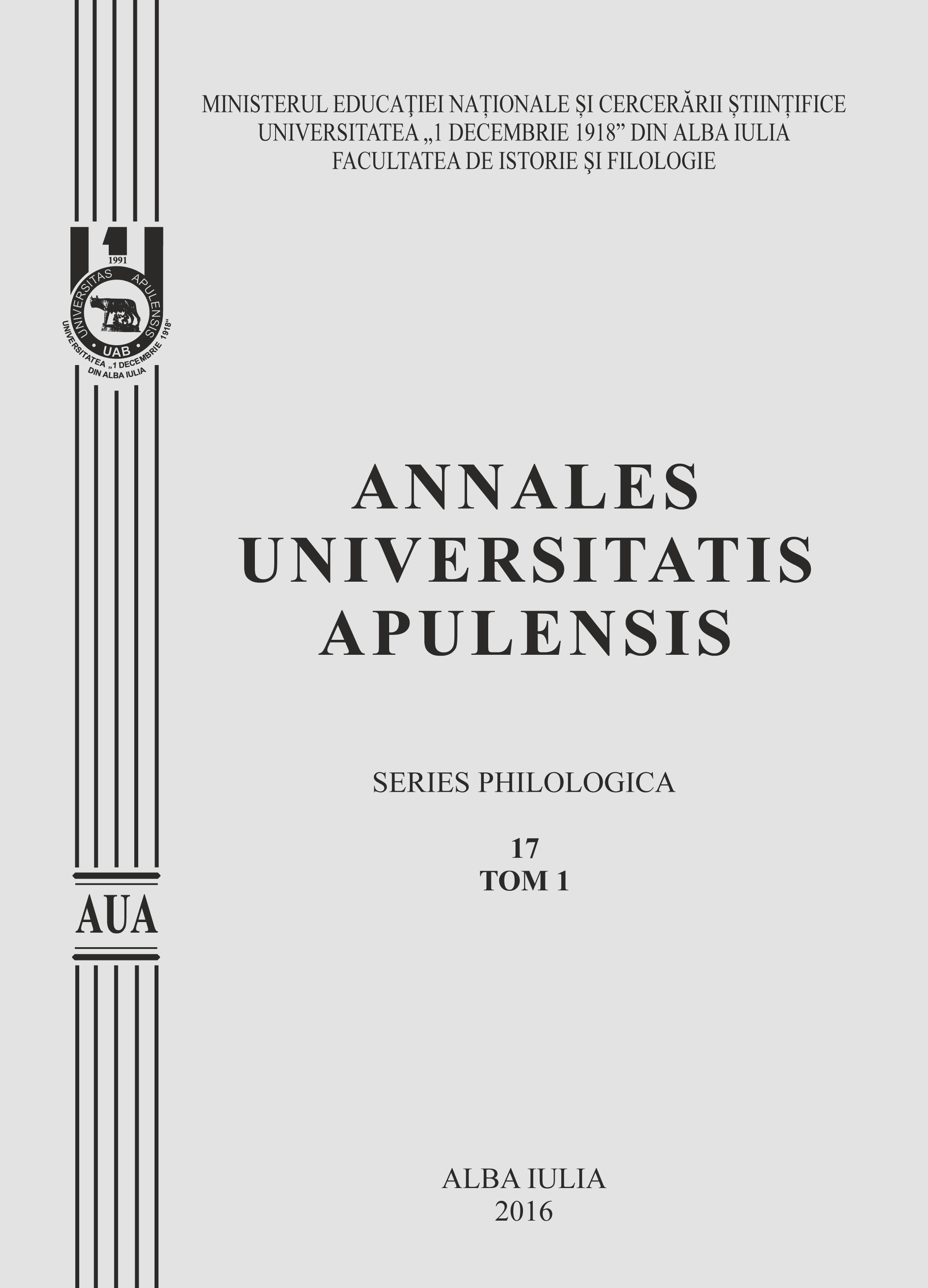Despre „va + conjunctiv” în limba română contemporană
On ”va + subjunctive” in Romanian
Author(s): Cristina Bocoș, Diana-Maria RomanSubject(s): Theory of Literature
Published by: Universitatea »1 Decembrie 1918« Alba Iulia
Keywords: tense; future; subjunctive; restrictions; frequency
Summary/Abstract: The paper aims to illustrate that va + subjunctive future: va să cânte [will sing], va să vină [will come], used in Old Romanian alongside va + infinitive future: va cânta [will sing], va veni [will come], is still used in Modern Romanian to express future time reference, despite claims that it disappeared from the language by the end of the 17th century (cf. Valeria Guțu -Romalo, Le futur en Roumain aux XVIe – XVIIIe siècles). Various examples taken from religious texts, newspapers articles, TV shows, commercials, etc. will prove that va + subjunctive is still an active means of expressing future time reference in Romanian, while emphasizing on some distinctive features, such as: limited usage (it is used only with verbs like a fi [to be], a veni [to come], a judeca [to judge], a zice [to say]), low frequency or a paradigm restricted to the 3rd person singular.
Journal: Annales Universitatis Apulensis. Series Philologica
- Issue Year: 17/2016
- Issue No: 1
- Page Range: 451-461
- Page Count: 11
- Language: Romanian

